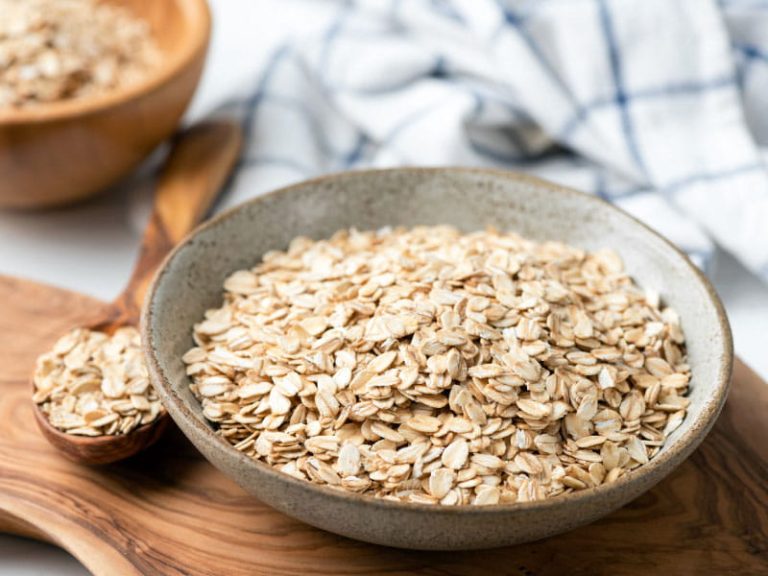Are lifestyle behavior changes more important than other types of heart disease treatments?
Way of life modifications are identified to scale back the danger for coronary heart assaults and strokes. A brand new examine that simulated the impact of life-style change on future cardiovascular dangers for individuals with hypertension suggests one change – adopting a heart-healthy weight loss program – might do greater than others.
The findings predict adopting the DASH (Dietary Approaches to Cease Hypertension) weight loss program would do extra to chop cardiovascular occasions over a 10-year interval than modifications corresponding to weight reduction and bodily exercise for younger and middle-aged adults with stage 1 hypertension that is not being handled.
It is a inhabitants researchers estimate consists of almost 9 million U.S. adults who “characterize a major, impending burden for well being care techniques,” co-lead researcher Kendra D. Sims stated in a information launch. She is a postdoctoral fellow on the College of California, San Francisco. “Our outcomes present sturdy proof that large-scale wholesome habits modifications might forestall future coronary heart illness, associated issues and extra well being care prices.”
The examine is being offered Saturday on the American Coronary heart Affiliation’s Hypertension Scientific Periods in San Diego. The findings are thought-about preliminary till the complete outcomes are printed in a peer-reviewed journal.
Stage 1 hypertension is outlined as having a systolic (high) variety of 130-139 mmHg or a diastolic (backside) variety of 80-89 mmHg, in accordance with AHA and American School of Cardiology pointers. Individuals with stage 1 hypertension sometimes are handled with life-style change relatively than medicines.
Researchers used beforehand printed trial knowledge and proof from meta-analyses concerning the blood pressure-reducing results of life-style modifications to simulate coronary heart illness and stroke occasions, loss of life charges and well being care prices from 2018 to 2027 for individuals ages 35 to 64 with untreated stage 1 hypertension. These life-style modifications included modifications in weight loss program, bodily exercise, smoking cessation, sustained weight reduction and decreased alcohol consumption.
They discovered making life-style modifications that resulted in decreasing blood strain to underneath 130 mmHg systolic or 90 mmHg diastolic might have substantial well being and financial advantages. The mannequin estimated life-style modifications would forestall 2,900 deaths and 26,000 cardiovascular occasions, corresponding to strokes or coronary heart assaults, through the simulated time interval. It additionally predicted these modifications might save $1.6 billion in related well being care prices.
Adopting the DASH weight loss program would have the biggest profit, stopping an estimated 15,000 cardiovascular occasions amongst U.S. males and 11,000 amongst U.S. ladies. The DASH weight loss program was developed to assist handle blood strain ranges. It emphasizes consumption of fruits, greens, lean meats, nuts, seeds and grains and limits consumption of pink meat, sodium, sugar and sugar-sweetened drinks.
“Sadly, the provision and affordability of wholesome meals sources doesn’t simply permit individuals to observe the DASH weight loss program,” Sims stated. “Clinicians ought to think about whether or not their sufferers stay in meals deserts or locations with restricted walkability. Well being counseling ought to embrace addressing these particular challenges to blood strain management.”







